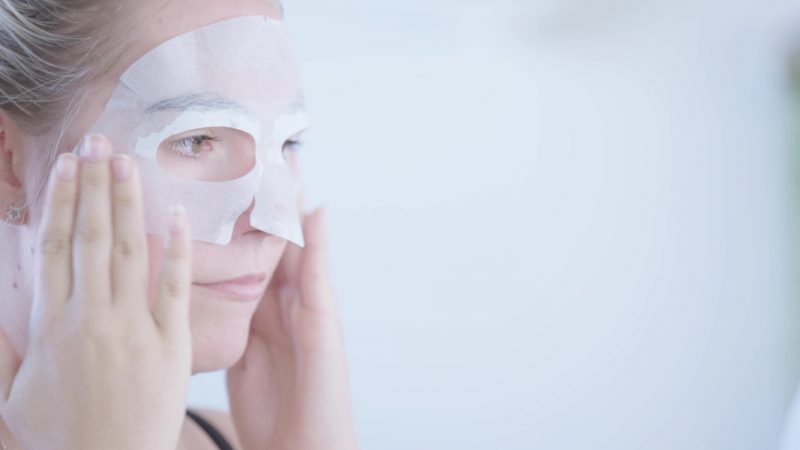Revolution Fibres skincare product sells out in South Korea
A natural New Zealand skincare product has sold out in online sales after just two hours on South Korea’s most influential home shopping network.
The manufacturer of the skincare product, Auckland-based nanofibre producer Revolution Fibres, has now switched its production capacity to face masks to meet COVID-19 demand and to increase the local supply of critical Personal Protective Equipment (PPE).

Ray Connor, Revolution Fibres CEO, says while the South Korea campaign was successful, following the COVID-19 announcements Revolution Fibres priority switched to manufacturing filter media for N95 face masks.
“Filtration for respiratory protection from pollution and viruses is what Revolution Fibres made its name on 10 years ago. We have the expertise and we are increasing our capacity to fulfil large scale orders for face masks which are increasingly in demand.”
With AcitvLayr now sold out in South Korea, Revolution Fibres will ramp up production of the skincare product once the lockdown is finished in New Zealand alongside the continued manufacture of filter media for face masks.
ActivLayr is made from premium marine collagen and was developed through an intensive research and development programme over several years, with funding support from the Seafood Innovations Ltd and in collaboration with Sanford and Plant & Food Research.
ActivLayr was advertised on influential South Korean home shopping channels GS and Lotte across two hour-long segments showcasing the skincare product to tens of millions of consumers.
The advertising campaigns for ActivLayr focussed on the premium Tier 1 marine collagen combined with hyaluronic acid (an ingredient to help the skin retain moisture) to deliver an advanced cosmetic application.
The ActivLayr technology is a versatile platform and has been shown to effectively and efficiently deliver a broad range of active ingredients directly into the intradermal and subdermal regions of the skin.
Iain Hosie, Revolution Fibres founder and Technical Director, says a key appeal for the South Korean market is the application method of placing the product onto wet skin like a mask.
“This method of application enables the collagen and bioactive ingredients to be absorbed quickly and efficiently to reduce wrinkles and to maximise the repair and protection of the skin.
“Soluble nanofibres are an emerging class of materials for skin beauty and skin health. A growing number of industries are also embracing what nanofibre can do for increased performance, establishing a competitive edge, and helping to make products better and stronger.”
Last year sales on South Korean home shopping channels topped NZ$14.4 billion. The beauty and personal care category was worth NZ$1.76 billion alone, making it second only to the food and drink sector.



